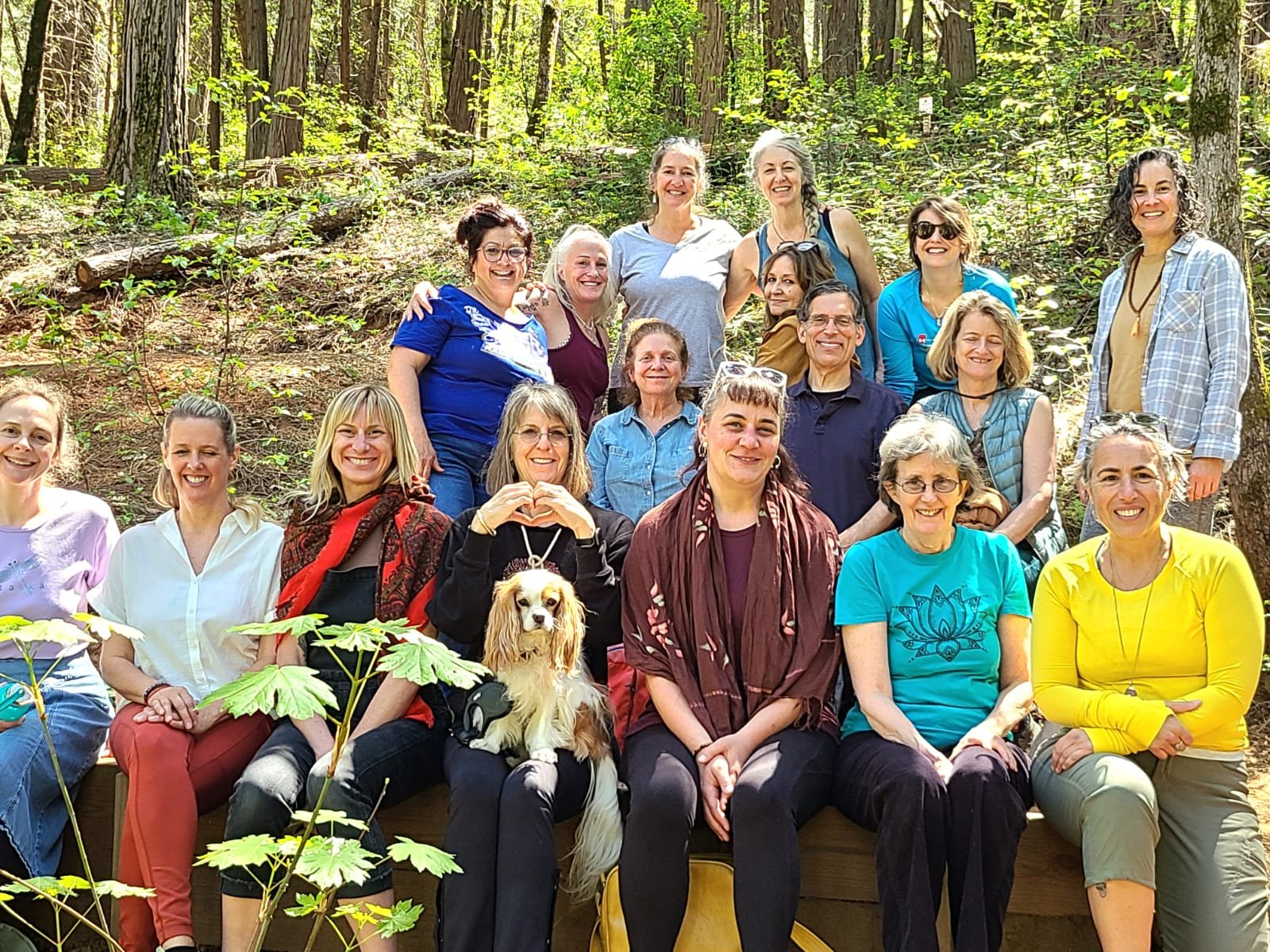The History of Death Doulas Part III: From home to hospital
How did we get from home-based death care to a more medical one? The emergence of hospitals in the 20th century significantly changed how society viewed and experienced death in several important ways.
The History of Death Doulas Part II: The hospice movement
The hospice movement has had a global impact, with organizations and hospice services established in many countries. However, access to hospice and palliative care remains uneven across different regions due to healthcare disparities and varying cultural attitudes towards death and dying.
The HeartWay Training: Embracing Life by Honoring Death
This End-of-Life Practitioner training (death doula training) is an in-depth training and takes place over the course of 12 months both online and in person. Students explore the physical, emotional, and spiritual dimensions of death and dying.
The History of Death Doulas: Emergence and Training
Death doulas, also known as end-of-life doulas or death midwives, are trained professionals who provide emotional, spiritual, and practical support to individuals and their families during the dying process.
Stop saying “health disparities” when it’s really obstetric racism
The statistics for black and brown birthing people are terrible. In Tennessee black people are 69% more likely to die than white people. It’s heartbreaking and maddening and dire. I asked Kaila, “Why? What can we do?”
Why are death doulas so important?
Support from death doulas during the time of death addresses various aspects of the dying process: emotional, mental, physical, and spiritual.
End-of-life doulas are there to walk you home
What is an End-of-Life Doula and how do they support families? Sheila Burke, death doula, author, and Global Doula Project grant recipient, explains.







